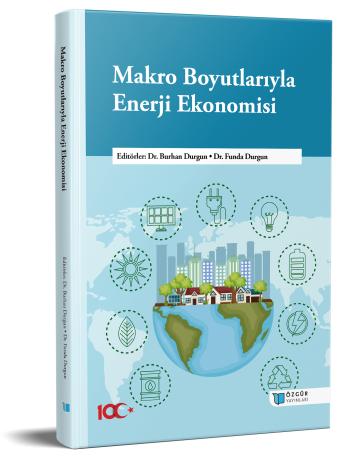
Macro Aspects of Energy Economics
Synopsis
The demand for energy as a basic input in production is increasing every day. Fossil fuels, which make up the bulk of the primary energy supply, will eventually run out, even though new reserves are being discovered. Political instability in countries with significant reserves of these fuels leads to price volatility, which tends to be upward. For these reasons, energy economics has been studied by economists in a variety of ways, especially since the late 1970s, when the oil crises occurred. The role of energy in economic growth and development, efficient use of energy, secure, continuous and sufficient supply of energy, energy efficiency, volatility of energy prices, energy policy and environmental impact of energy are the main areas of study in energy economics. Numerous academic studies have contributed to the growing breadth and depth of the field.
This book brings together theoretical and empirical studies on new trends in energy economics and aims to provide a new and holistic contribution to the field, as well as policy recommendations to decision makers. With the contributions of scholars from different universities in Turkey, the multidimensional nature of energy economics has been evaluated from different perspectives. The book consists of nine chapters, each of which represents original research.

